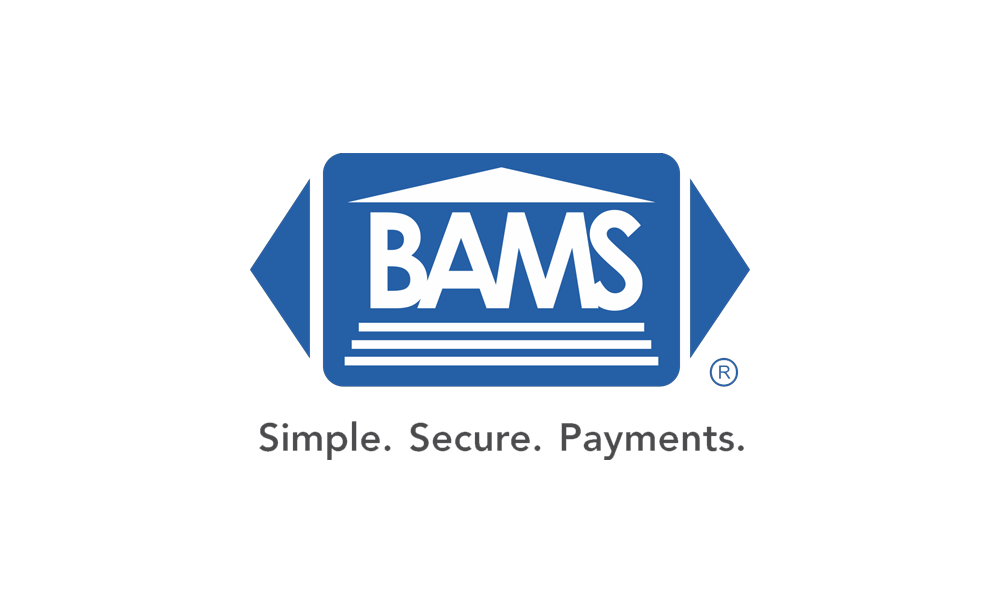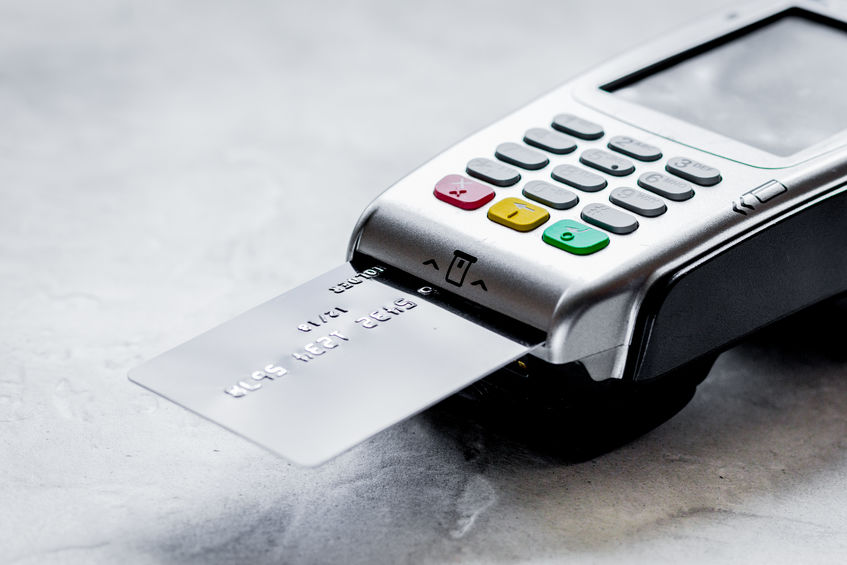How PayPal’s New Refund Policy Impacts Your Business and What You Can Do About It
On May 7th, 2019, PayPal updated its user agreement and made a big change that impacts every single one of their sellers in an inarguably negative way. Prior to the change, any time a refund was provided to a customer, the slice of the pie that PayPal had taken on the transaction was returned to the seller. That’s no longer the case, and PayPal will now be keeping that fee regardless of whether a transaction is refunded or not. The decision represents a big problem for high-volume and B2B sellers, as well as sellers who sell high-ticket items that carry hefty transaction fees. A large number of sellers are balking at the change, and with good reasons, considering it doesn’t just nullify revenue, but actually takes money out of a seller’s pocket based on something that, in many ways, they can’t control.
Refunds happen for a variety of reasons, the majority of which most sellers can’t do anything about. It isn’t uncommon for buyers to make double payments, requiring one to be refunded. That will now cost sellers money. With digital products, unfortunately, it also isn’t uncommon for buyers to put through illegitimate refund requests since digital products are not eligible for Paypal’s Seller Protection feature. Sellers will now pay a fee on those refunds, too. Finally, sometimes a product doesn’t meet a buyer’s needs, or buyer’s remorse sets in, or a buyer returns an item for any number of other legitimate reasons outside of a seller’s control. All will now result in sellers losing money on the transaction.
So, what can a dissatisfied seller do?
Solution #1: Switch to a better payment processor.
There are other payment processors out there aside from PayPal that charge a fee on refunds, but not all do. BAMS, for instance, has no refund fee, and BAMS merchants are always refunded their transaction fees on all refunded purchases. That alone is a good reason to abandon PayPal, and it doesn’t even touch on their fees. PayPal is a third-party payment processor that processes all user transactions through their own master merchant account. As a result, PayPal’s fees – 2.9% + $0.30 on each transaction – are among the highest out there. A traditional merchant account generally carries much lower transaction fees, especially through providers like BAMS who use interchange plus pricing.
Solution #2: Put policies in place to reduce losses on refunds.
Working to minimize refunds should be a priority for all businesses for obvious reasons, but merchants continuing to use PayPal for payment processing now can no longer afford refunds at all. As mentioned earlier, there are some refunds that are unavoidable and have nothing to do with the seller. Unfortunately, PayPal merchants will just have to eat the losses those refunds now produce. But there are steps merchants can take to reduce their own impact on refund requests. The first is ensuring product descriptions are 100% accurate and that buyers know exactly what they’re getting prior to purchase. The second is to beef up customer support to ensure that when buyers do have a problem, merchants will have the best chance possible of successfully resolving it without a refund.
No seller can be blamed for being upset with PayPal’s new policy, and sellers looking to switch to a payment services provider that won’t charge them for refunds they have no control over need look no further than BAMS. For more information on BAMS refund policy, our unique five-step price comparison, and our low-fee guarantee contact us today to speak to one of our expert support specialists.




